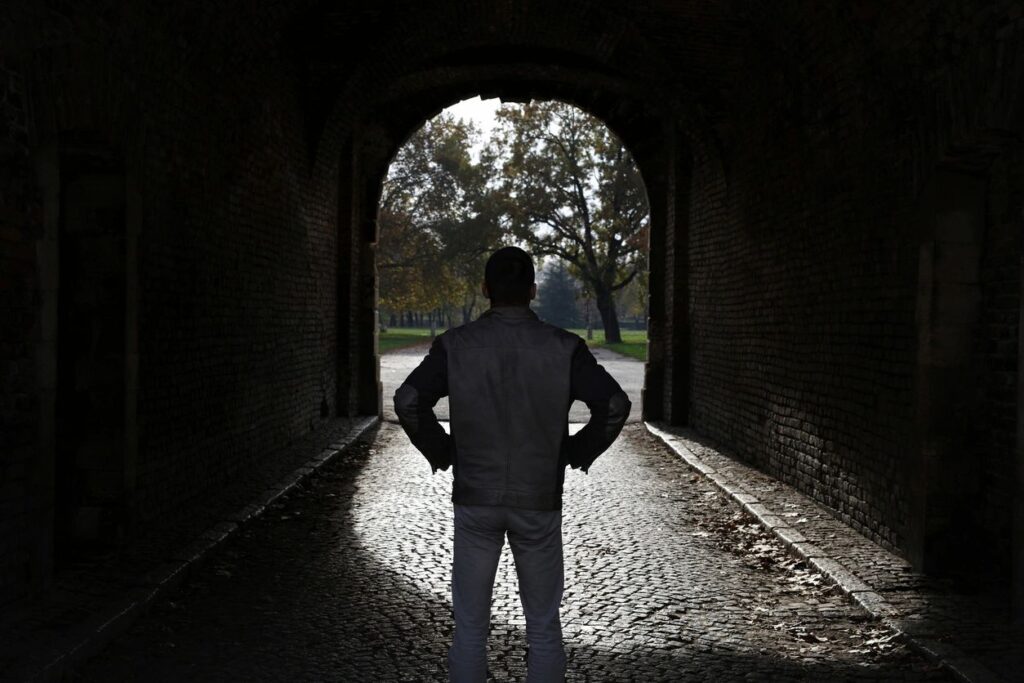Lawyers, addiction and COVID-19: ‘Changing the landscape for everyone’
I am a lawyer coach who specializes in helping professionals deal with attorney fatigue, lawyer burnout and lawyer depression.
Human beings are hardwired for interaction. We are, by definition, touchy-feely types of people. Without supportive human interaction, we tend to go insane. Numerous studies of inmates subjected to long-term solitary confinement and prisoner-of-war isolation indicate that people who isolate themselves eventually become depressed and often turn to substance relief.
This is where COVID-19 is changing the landscape for everyone.
We may be killing the goose that lays the golden egg in more ways than one when we engage in social distancing. While many people argue that social isolation and quarantines are for the common good by reducing the contagion of the COVID-19 virus, we may be doing far worse damage to our psyches.
The long hours of a legal practice are already just as bad as a quarantine to a depressed, at-risk attorney. Lawyers who have to bill 40 hours a week to make partner often have to be at work upward of 80 hours to come up with that number. This put horrible pressures on family life and personal life.
Lawyers are now having to figure out how to practice law, relying more than ever on their computers. This is making them even more isolated. Since we are social creatures, having to live our lives digitally is putting more pressures on an already stress-filled situation.
Lawyers need to know that these pressures can exacerbate an alarming situation that they are already facing. Being at home 24/7 can result in heavier and more frequent substance abuse, primarily because lawyers don’t have to go out in the real world and function. It will be likely that those who were already abusing substances will go further, given the added stress of disrupted lives and legal careers. Lawyers need to be even more observant of their behavior and that of their peers when the lockdown is lifted. Life will be even more challenging when we go back to work because there quite likely will be a “new” normal.
The struggle of attorneys with addiction is well documented. A well-known study by the ABA and Hazelden Betty Ford Foundation identified 21% of the participating attorneys admitted to alcohol issues. In follow-up screening, that number increased to 36%. It is difficult for many lawyers to admit to their peers that they have addiction problems.
When you add depression to the mix, it is no wonder that attorneys are highly at risk for addiction issues. Recent studies identified that 45% of attorneys experience depression during their careers. The thinking patterns of addicted attorneys are almost identical to depressed lawyers.
The problem is not getting better. Last year, the Oregon Supreme Court took the unprecedented step of ordering all attorneys in that state to participate in one hour of mental health education as an adjunct to their regular continuing legal education. The path to addiction and depression is complicated and multifaceted.
Currently, the cause is hotly debated among genetic, environmental, psychological and medical issues. Newer studies indicate that addiction can arise from a lack of bonding in childhood with parental or authoritarian figures. The theories suggest that childhood trauma, neglect or abuse can cause changes in brain function that ultimately result in dependency on mind- and mood-altering substances.
Ironically, the same factors that make a good lawyer also can drive a lawyer to addiction. Behaviorists believe that people who are driven to be lawyers are motivated by a desire for justice for themselves and others. This can be caused by the same factors of abuse, neglect or trauma that lead to addiction. It is a zero-sum game for lawyers because the only acceptable outcome is to be perfect.
The pandemic will put added stress on lawyers who were having trouble with their families beforehand. We are creatures of habit. With the dramatic shifts in lifestyle we are experiencing, the ended old habits and freshly-learned new habits often result in a rise of addiction and depression. An old saying in Alcoholics Anonymous refers to the fact that broken shoelaces are the cause of many a relapse.
Similarly, small changes in routine often result in a return to addictive behavior. Substance abuse professionals caution people struggling with addictions to be aware that these small changes could be challenging and to seek help and support if they feel tempted to relapse.
If you have an issue with substance abuse or know a colleague with one, be aware that these times are particularly rough for people with addiction or depression problems. Our lives are upended, and life will never be the same. The old standby drink or drug is always there to tempt us, to medicate our emotional and mental pain. Reach out to any lawyer you think may be having a problem. We don’t want the statistics to get any worse.
This post originally appeared on the ABA Journal Website here.
